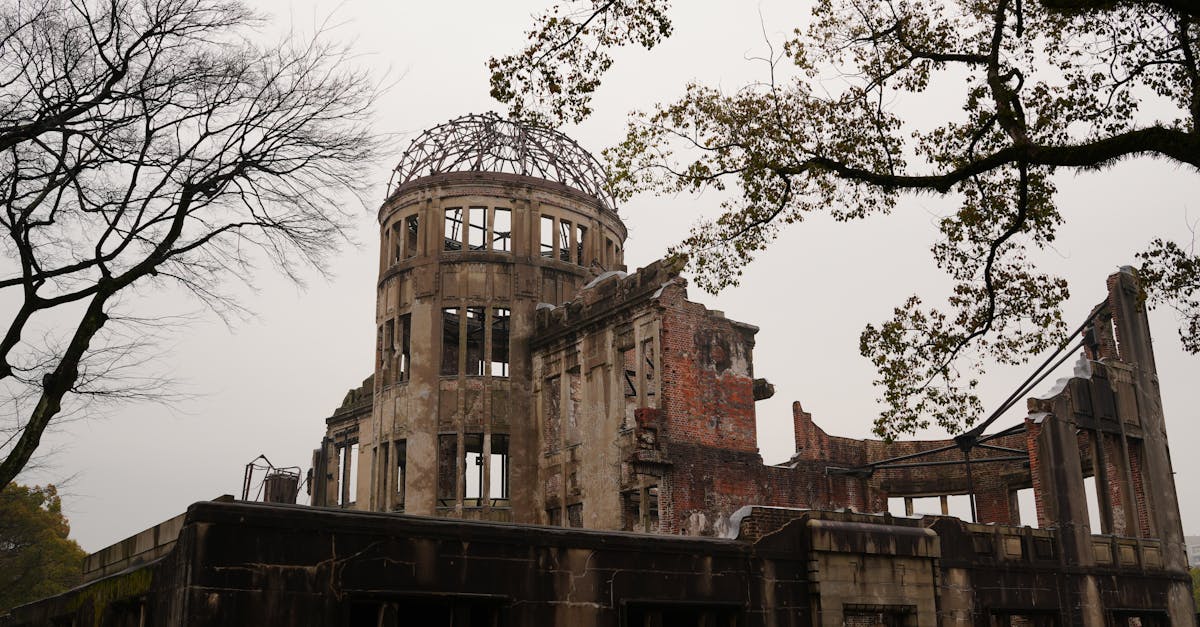
The Hiroshima atomic bombing remains a significant event in world history, marking a devastating moment during World War II with profound human and global consequences. As we observe the latest news surrounding this event in 2025, on the 80th anniversary of the bombing, various commemorations and reflections reveal ongoing efforts toward peace, nuclear disarmament, and the preservation of survivors’ testimonies for future generations.
Legacy and Contemporary Commemoration
The 80th anniversary of the Hiroshima bombing is marked worldwide, emphasizing remembrance and peace advocacy. In Hiroshima itself, memorial ceremonies draw global participation, including representatives from over 120 countries and regions, reflecting the event’s international significance. The moment of silence observed at 8:15 a.m., the exact time the bomb was detonated, remains a solemn ritual linking present generations with the traumatic past.
Hibakusha—the survivors exposed to the atomic blast—continue to play a vital role by sharing firsthand accounts, reminding the world of nuclear weapons’ catastrophic human impact. These testimonies serve as moral forces in the global push toward nuclear disarmament. Tributes also extend symbolically, such as the planting of saplings grown from trees that survived the bombing, now present at the United Nations Headquarters. These trees symbolize resilience and the enduring hope for a future free from nuclear warfare.
Global Implications and Calls for Nuclear Abolition
Despite the passage of eight decades, the world still grapples with the threat posed by nuclear weapons, with over 12,000 nuclear arms currently stockpiled globally. The Hiroshima Peace Memorial and organizations like the Hiroshima Organization for Global Peace (HOPe) advocate actively for nuclear non-proliferation and disarmament policies. They view the 80th anniversary as a strategic moment to reinvigorate global movements toward a nuclear-free world, calling for sustained international cooperation and security measures that avoid reliance on nuclear deterrence.
Religious and global leaders underscore the ethical dimension of nuclear disarmament. Pope Leo XIV’s 80th anniversary address stressed the need to replace a “false sense of security” based on mutual destruction threats with justice, dialogue, and solidarity. The United Nations Secretary-General’s message echoed these sentiments, emphasizing that the bombing changed humanity’s path irreversibly and urging all nations to uphold peace, human dignity, and the prevention of nuclear catastrophe.
Conclusion
The latest reflections on the Hiroshima bombing illuminate a world still shaped by the memory of nuclear devastation and the durable resilience of those who survived. As global leaders, activists, and survivors unite to promote peace and nuclear disarmament, Hiroshima’s legacy serves both as a somber reminder of past horrors and a beacon of hope for a safer, more just future. The commitment to honoring victims and preventing the repetition of such a tragedy remains a vital global mission, underscored poignantly by this year’s 80th anniversary observances.